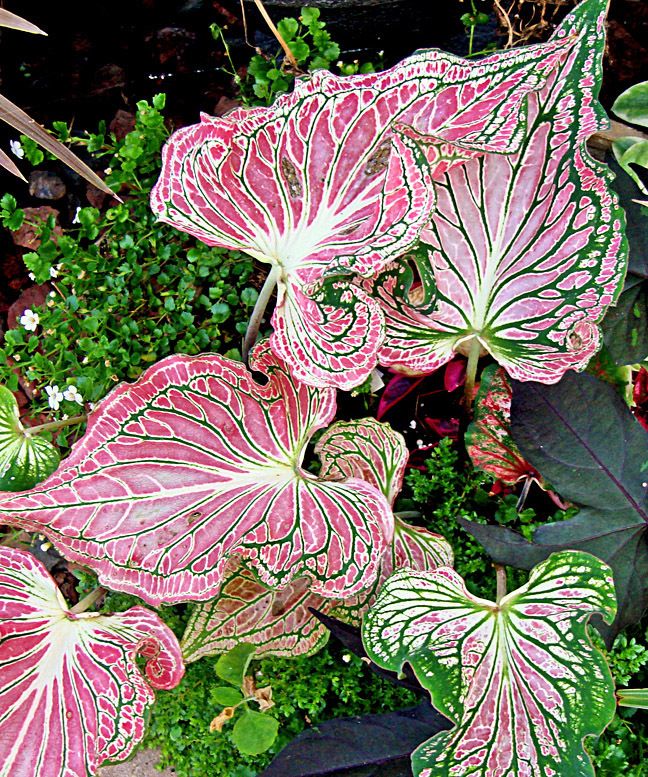Dear Integral Meditators,
What would happen if you could respond to the uncertainty and absence of control that you sometimes have in your life with excitement rather than anxiety? The article below explores how you can mindfully start going about doing this…
Yours in the spirit of opening to excitement,
Toby

Moving From Anxiety to Excitement
At a meditation class I facilitated last night one of the sentences that I asked people to complete as part of an exercise was ‘I often get stressed when’… It was interesting to note the number of responses that were about uncertainty and lack of control over different aspects of life. When things don’t go the way we want, when our sense of control is taken away from us, most often the instinctive response is negative stress and anxiety.
Anxiety as an indicator of a creative opportunity
Whenever we have uncertainty in our life, or when things move from predictable and ‘under control’ to unpredictable it means that there is a creative window opening up in our life; a window that if we are open to we can find opportunities to grow, learn and enjoy. We can learn to respond to our anxiety with excitement rather than stress.
Acknowledging anxiety to begin transforming it
Before you can start to transform your negative anxiety into excitement you first need to begin by acknowledging and get to know your anxiety. When you become anxious, what does your anxiety feel like in your body? What sort of thought patterns does it stimulate in your mind? If it had a musical tone or colour, what would it be? Explore your anxiety so that you can relax with it enough to begin transforming it.
Then ask: What are the opportunities that my circumstances are presenting me? What unexpected good things could happen as a result of this? What can I learn? What is there to enjoy?
By focusing on these questions try and gradually open the energy your body, heart and mind to the circumstances so that there is room for you to experience calm excitement, playful attention and curiosity, rather than negative anxiety. With a bit of mindful practice this becomes a realistic possibility for us.
A personal example:
Right now I’m quite happy where I am living, but it looks like I will have to move out in September. Listen to my internal dialogue I can hear part of my mind talking about all the effort to move, the chances of ending up somewhere not so nice, the uncertainty of what will happen. Of course if I focus upon it in another way I see I might find a much better and more suitable place that I would enjoy even more than where I am. My new neighbours might be just the sort of people that I enjoy connecting to, a whole new positive passage of my life may be just over the horizon, awaiting my moving apartment. Nothing is guaranteed, but I can choose to make the mindful choice to be excited, curious and playful about the process, rather than negatively anxious.
What situation in your life today could you choose to respond to with excitement rather than anxiety?
Related article: What Happens When Are Not Afraid of Fear?
© Toby Ouvry 2015, you are welcome to use or share this article, but please cite Toby as the source and include reference to his website www.tobyouvry.com
Upcoming Courses at Integral Meditation Asia in May:
JUNE 2015
Saturday 13th June 2.30-5.30pm – Meditations for Transforming Negativity and Stress into Energy, Positivity and Enlightenment – A Three Hour Workshop
Sunday 14th June 9.30am-12.30pm – Qi Gong for Improving your Health and Energy Levels and for Self-Healing
Wednesday, June 24th 7.30-9pm – Integral Meditation Session @ Basic Essence – Meditating on benevolence & inner wealth
Saturday 27th June 9.30am-12.30pm – Mindful Self Confidence – Developing your self-confidence, self-belief & self-trust through mindfulness & meditation
Saturday 27th June, 2.30-5.30pm – The Call of the Wild–Meditations for Deepening Your Inner Connection to the Animal Kingdom and the Green-world
Integral Meditation Asia








